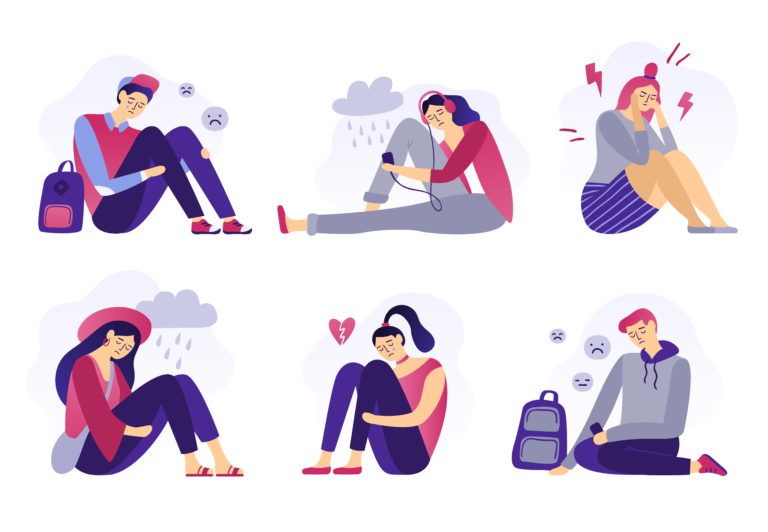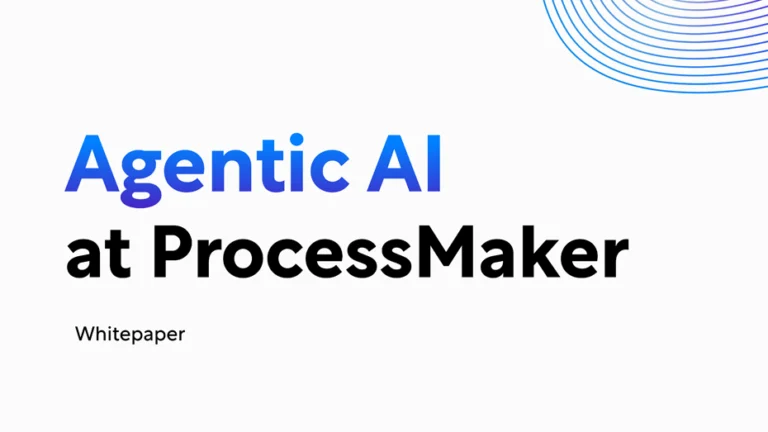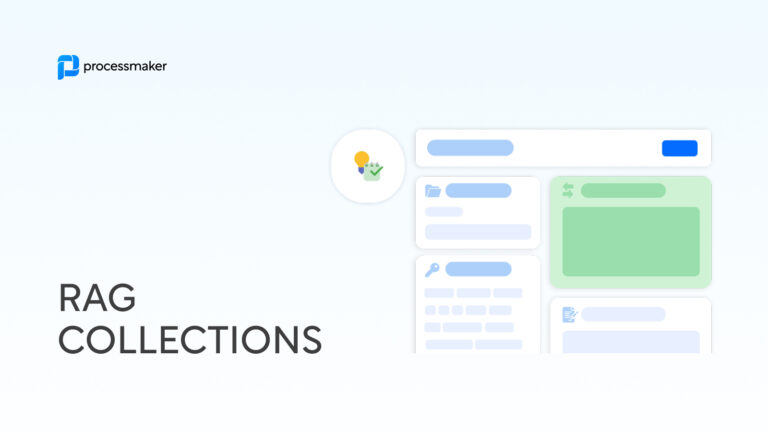Boarded up dorms, closed classrooms, and emptied student life calendars—COVID-19 instantaneously shuttered what used to be a vibrant mecca of social life, sending nearly 250 million college and university students to online classes.
The absence of beloved social circles has not come without consequence to coeds: in fact, 81% of students report increased stress levels during quarantine. Mental health professionals employed by universities and colleges feel coronavirus mandates disproportionately affect student patients, compelling them to come up with new and creative ways to remotely connect with the student body.
Why is it so important that we use new technologies to support college students during these trying times? In the last five years, students experiencing challenges in mental health have increased by nearly 40%. Closed campus housing returned young academics to their childhood homes. Troubled students, welcomed into the arms of higher education, were instantaneously removed from a safe haven by the mandates incurred by “flattening the curve.” For many students, campus services are their only option for mental health treatment. Without the grounding and organization of student life, coeds suffer a significant decline in mental health left unchecked.
Colleges are hurrying to implement new methods to help them proactively handle student concerns from afar and transform into a smart campus. How can technology help mental health professionals working in higher-ed institutions tend to students during these unprecedented times?
Digital tools provide remote visibility into patient records
Stringent privacy laws and regulations govern the protection of health records.These regulations discourage many professionals from digitizing their records, making it a challenge for university mental health teams to securely exchange information or view patient records when away from the office.
A remotely accessible repository of student records can improve proactive patient monitoring. New advances in cloud-based technology can create an ultra-secure lockbox for patient records, allowing mental health teams to review statuses and assess the need for phone or video appointments. Using the right systems, mental health professionals can easily chime in or check in on patient records, no matter where they are located in the world.
Digital tools connect siloed tele-health tools
Many universities are getting creative with their digital mental health toolset. To connect virtually with students, psychologists and therapists offer online video workshops, virtual support groups, open text message lines, and even Slack channels. With 52% of students reporting feelings of hopelessness, these virtual tools are a lifeline.
However, many of these new virtual tools exist in a silo. Disconnected from other services, it’s hard to track student conversations and interactions. Without a comprehensive digital paper trail, it’s challenging for counselors to interpret patient needs.
Using a platform like ProcessMaker, universities can create workflows that connect these new services with one another to paint a proper picture of a patient’s progress. Automated tools can easily aggregate each and every touchpoint through a university’s virtual telehealth suite. With a full view into a student’s emotional state, counselors can make informed decisions on the proper course of treatment. In one example, ProcessMaker developed an application to help students connect with mental health professionals on Zoom for a more intimate, face-to-face interaction.
Digital tools can automatically flag concerning student behaviors
When surveyed on their mental health status, many students report a weighing feeling of uncertainty. Due to financial strains, nearly 44% are very worried about their ability to remain enrolled in college once quarantine lifts. Unfortunately, these concerns often originate in other departments such as registrar or financial aid.
Campuses must find ways to streamline student communication between departments. ProcessMaker can help colleges set up virtual “tripwires” to trigger cross-department alerts. Imagine a financial aid advisor flagging a student who expresses tuition fee hardships and an alert is immediately sent to a mental health counselor to perform a courtesy check-in. Intuitive workflows can help campuses identify students in need and proactively tend to their wellbeing.
We’ve communally forfeited human interaction and social encounters, and the move has impacted upper education in more ways than expected. The need for colleges and universities to digitize their mental health workflows is not a momentary trend—even the most prominent institutions are mulling an extension of their in-person closure until 2021. With the right tools in place, campuses can continue to provide effective, proactive mental health treatment for their students for a healthier, safer student body.





